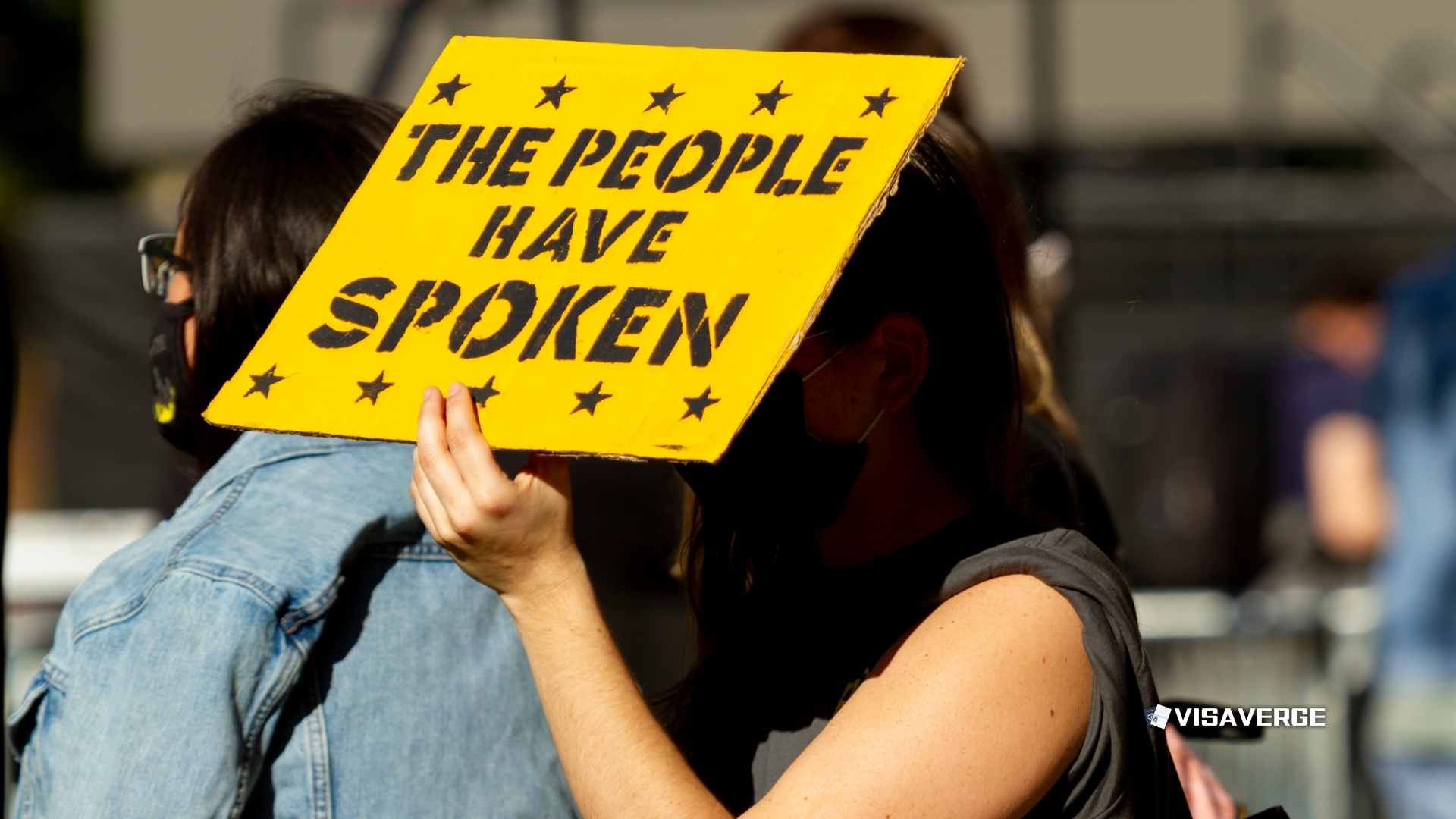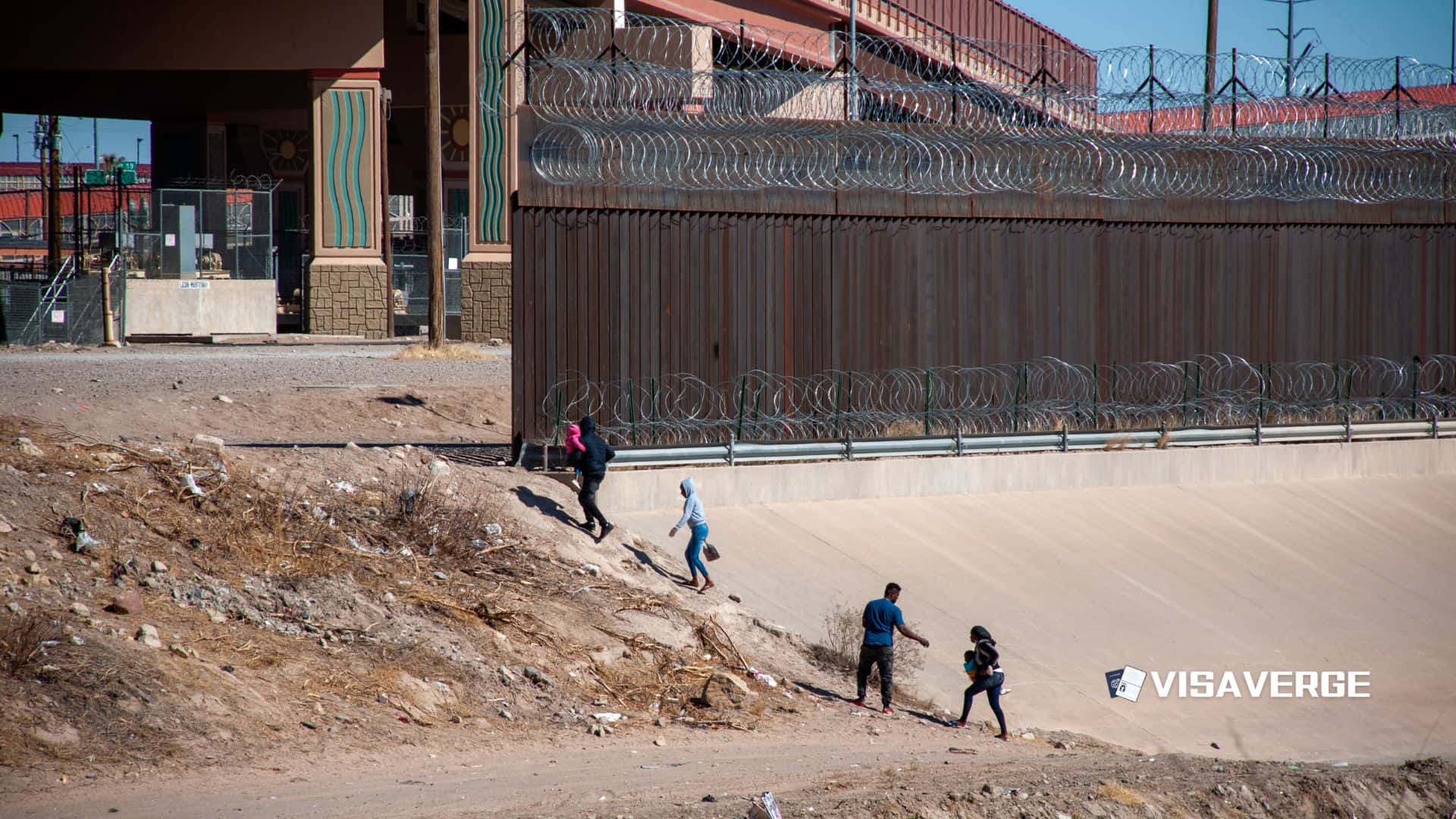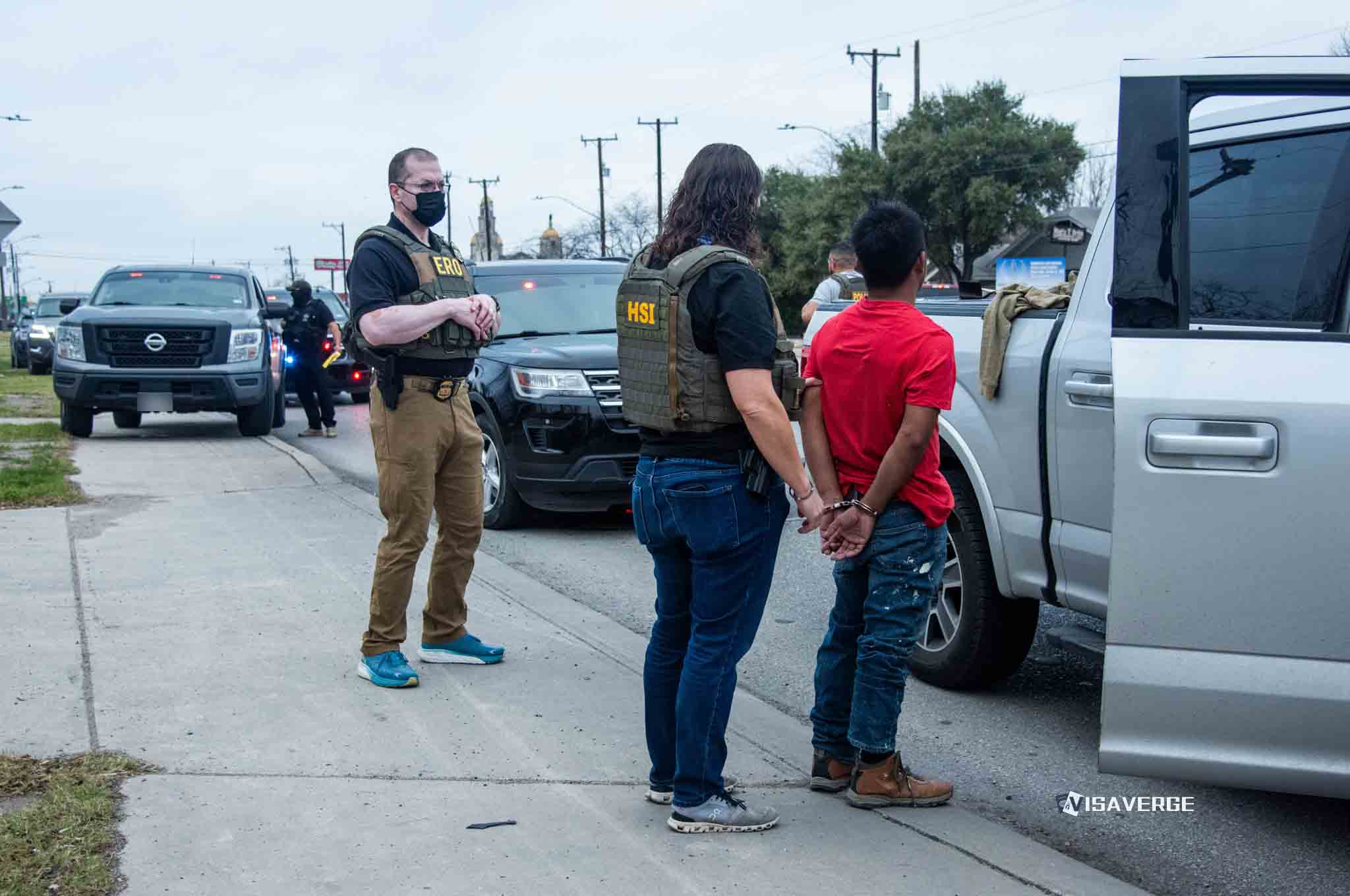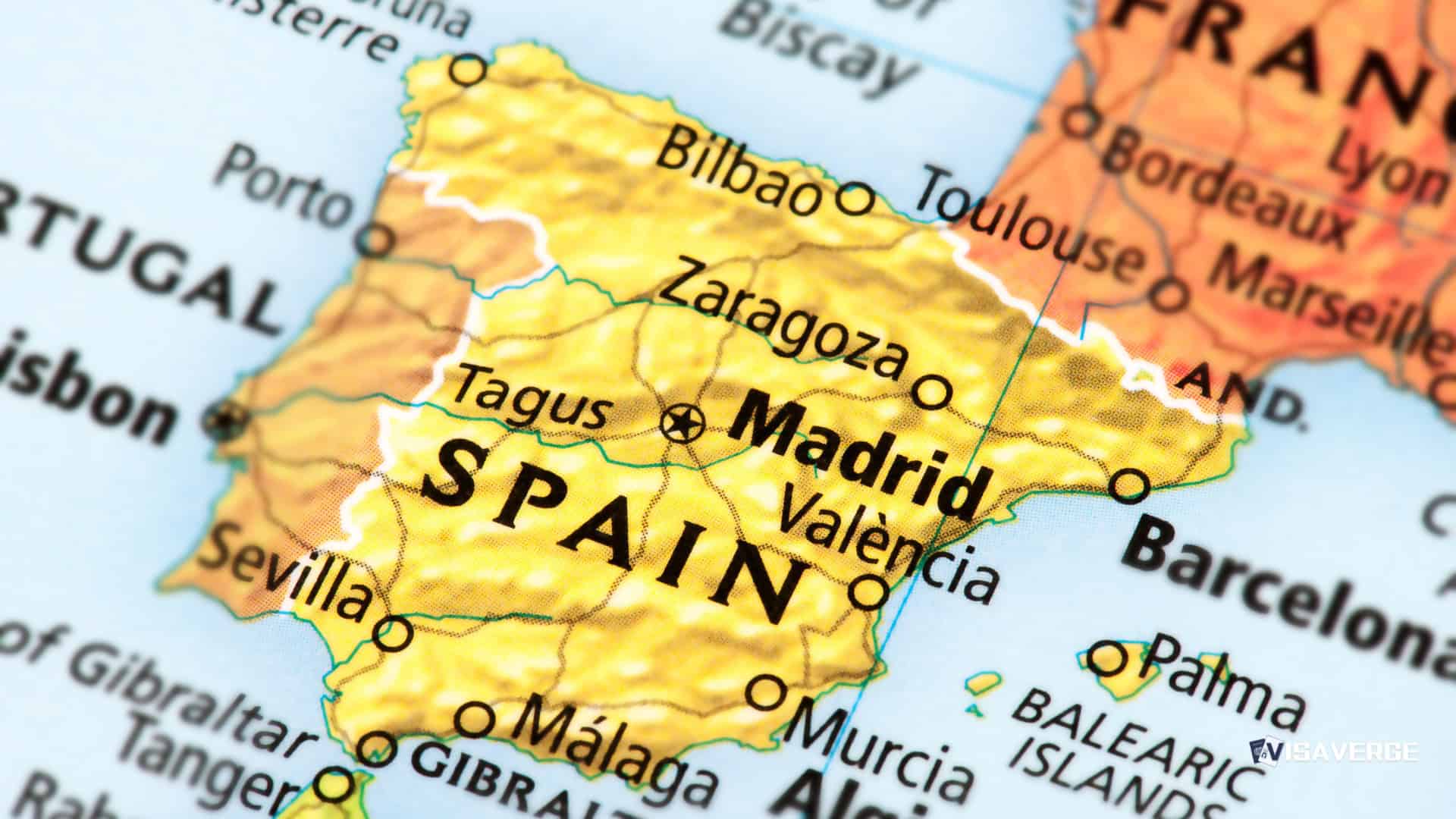(BOSTON, MASSACHUSETTS) A sweeping immigration worksite operation in Allston-Brighton earlier this month has jolted one of Boston’s most diverse neighborhoods, pushing residents, officials, and faith leaders to rally behind immigrant-owned restaurants, grocers, and car washes that help define the local economy and culture.
The November 4 operation and immediate shock

On November 4, 2025, federal agents carried out what local leaders describe as the largest of recent ICE Raids in the area, targeting Allston Car Wash and detaining nine immigrant workers. Community advocates say several of those taken into custody held green cards or valid work permits, deepening anger and fear among workers who believed they had done everything the law asked of them.
The raid quickly rippled through Allston-Brighton. Within hours, word spread along Brighton Avenue and through WhatsApp groups used by restaurant workers, cleaners, and delivery drivers. At Burmese restaurant Yoma, which has served the neighborhood for almost twenty years, regulars arrived not just for dinner but to check on staff and owners.
“The community is here for us.”
That simple sentence, spoken by one worker, became a rallying phrase and helped spur immediate community action.
Legal response and due process concerns
Lawyers rushed to represent the nine detained workers. Several have since been granted bond and released, aided in part by support letters from U.S. Rep. Ayanna Pressley and Boston City Councilor Liz Breadon.
Legal advocates say the operation showed little regard for due process or constitutional protections, pointing to instances where people with lawful status were swept up alongside those with unresolved paperwork. Attorneys describe the agents’ handling of interviews and people with legal status as showing “disrespect for basic rights.”
For more information on federal immigration enforcement and worker-site procedures, see U.S. Citizenship and Immigration Services at https://www.uscis.gov.
Community communication and mutual aid
In the days after the raid, the neighborhood moved from words into concrete support:
Maintain a simple safety plan: keep copies of important documents, display multilingual signs in storefronts, and build a neighbor network for quick alerts during enforcement actions.
- Lawyers and legal clinics mobilized quickly.
- Support letters from elected officials helped secure releases.
- WhatsApp networks and volunteer escorts were used to support workers at court dates and immigration appointments.
- Faith groups and nonprofits expanded outreach and real-time alert systems.
Community organizations, including the LUCE Immigrant Justice Network, took a central role by:
- Documenting reported ICE activity.
- Collecting stories from affected workers and families.
- Connecting families to legal defense funds.
- Organizing public events, including a vigil that drew more than 100 people with candles and hand-drawn signs calling for dignity and due process.
Student groups from nearby colleges have planned walkouts and marches to keep attention on the neighborhood.
City response and funding
City Hall moved to respond with funding and services. The Boston Mayor’s Office of Immigration Advancement has tripled grant funding for local groups supporting immigrants in Allston-Brighton and nearby areas. Additional funds were directed toward:
- Legal clinics
- “Know your rights” workshops
- Community hotlines
City officials have limited power to stop federal operations but have taken public steps to support residents. Councilor Breadon appeared at community meetings, pressed federal agencies for explanations, and urged residents to contact her office if they fear future raids. Her partnership with Rep. Pressley on letters for detained workers signaled local advocacy for individuals affected.
Economic impact on immigrant-owned small businesses
Many immigrant-owned restaurants and markets in Allston-Brighton operate on thin margins. Business owners report several immediate impacts after a raid:
- Scared staff and disrupted work schedules
- Fewer customers or changed customer behavior
- Delivery interruptions
- Reduced income for workers and owners
Yet these businesses are widely seen as engines of neighborhood recovery, turning vacant storefronts into bustling community spaces.
Local studies cited by advocates show that immigrant entrepreneurs have been central to the area’s growth by opening:
- Eateries
- Markets
- Salons
- Repair shops
Owners say they often feel excluded from city planning meetings and small business programs, making it harder to access grants, navigate permits, or get help when enforcement affects their staff.
Community solidarity and neighborhood action
The neighborhood response included practical and symbolic actions:
- Customers intentionally visited immigrant-owned shops, left larger tips, and left notes of support.
- Neighborhood groups organized “eat-in” events at places like Yoma and local grocers to encourage spending locally.
- Some landlords agreed to flexible payment plans for tenants whose incomes were disrupted.
- Storefronts displayed handwritten signs in multiple languages stressing unity and safety for all neighbors.
Personal and family impacts
Faith leaders and social workers reported a sharp rise in stress among families affected by the raids. Reported impacts include:
- Parents fearful of walking children to school or attending appointments
- Teenagers translating legal letters and media coverage for elders
- Households keeping copies of important documents packed and within reach
- Families creating safety plans with neighbors in case of sudden detentions
Political demands and broader calls
Beyond legal defense, organizers have articulated broader policy demands. Campaigns with slogans such as “Fund care, not ICE” call for redirected investment toward housing, health care, and schools instead of immigration enforcement. Organizers argue that protecting the neighborhood’s vitality requires protecting the people who run its businesses as much as promoting development projects.
Timeline of key events
| Date | Event |
|---|---|
| November 4, 2025 | Federal agents conduct raid at Allston Car Wash; nine immigrant workers detained |
| Following days | Word spreads via Brighton Avenue and WhatsApp; legal teams mobilize |
| Days after | Several detained workers granted bond and released with support letters from Rep. Pressley and Councilor Breadon |
| Subsequent week | LUCE Immigrant Justice Network organizes vigil; Mayor’s Office triples grant funding for immigrant-support groups |
Ongoing effects and outlook
The long-term impact of the November 4 raid is still unfolding. Many residents report that the events have reshaped neighborhood interactions:
Regularly update know-your-rights resources and community hotlines. Encourage staff to participate in language or legal clinics—being proactive reduces disruption when raids or inquiries occur.
- People trade information about legal clinics and language classes.
- Increased community coordination and mutual aid efforts.
- Greater public attention on the role of immigrant-owned businesses in the neighborhood’s social and economic life.
For now, immigrant workers and owners continue serving food, washing cars, and running markets while looking over their shoulders. They do so with the knowledge that the next knock on the door might bring federal agents — but also with a growing sense that the promise “the community is here for us” is more than a slogan. It is a commitment many in Allston-Brighton intend to keep.
On November 4, 2025, federal agents raided Allston Car Wash in Allston-Brighton, detaining nine immigrant workers, some with lawful status. The operation prompted rapid legal aid, support letters from Rep. Ayanna Pressley and Councilor Liz Breadon, mutual-aid networks, and a vigil organized by LUCE. Boston’s Mayor’s Office tripled grants for immigrant-serving groups and expanded legal clinics and hotlines. Businesses faced staffing disruptions, reduced customers, and financial pressures while the community rallied for due process and protections.













